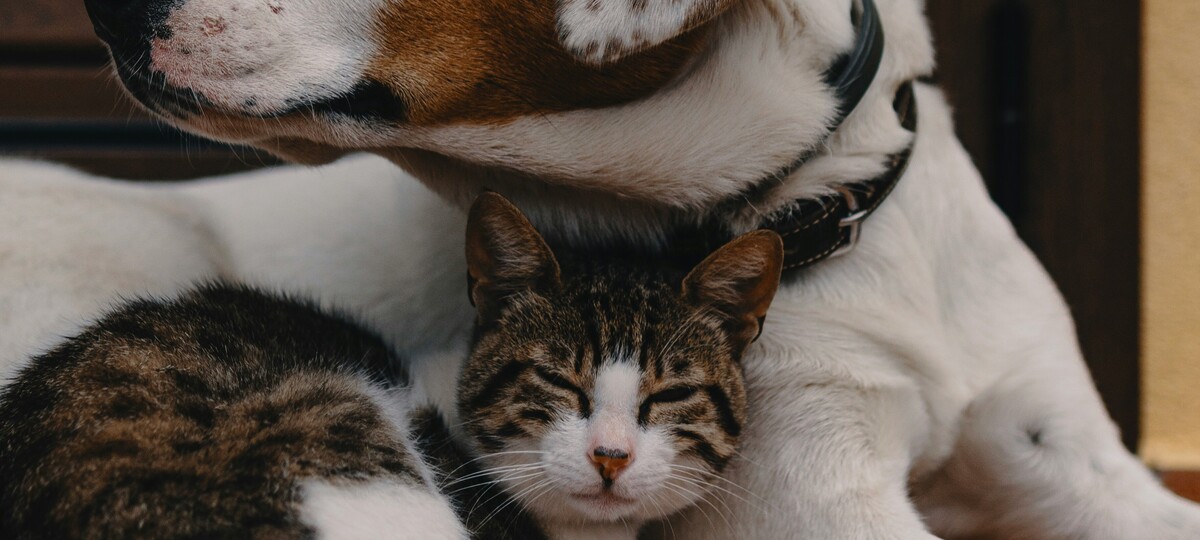Understanding Our Feline Friends and Their Unique Movements
Eddie the Affectionate Cat
When we talk about the endearing cat next door—let’s call him Eddie—it’s hard not to be charmed. Eddie is that sweet indoor-outdoor cat who frequently graces us with his presence while we’re lounging on the porch or tending to our garden. His affectionate demeanor makes it all too easy to give him some treats, but soon you’ll start to wonder if your generosity is doing more harm than good.
The Risks of Feeding Neighbor’s Pets
While it might seem harmless, there are several reasons to reconsider feeding Eddie:
-
Encouraging Wandering: When you feed Eddie, you might actually be encouraging him to leave his own yard. This not only poses a risk of him getting lost but also increases his chance of accidents, like getting hit by a car. Cats, driven by food, may not be aware of their surroundings.
-
Dietary Sensitivities: Not all foods are safe for every cat. Just as some humans have allergies or food intolerances, so do pets. You’re likely unaware of what specific foods might cause Eddie an upset stomach or skin issues.
-
Nutritional Balance: Much like children sneaking candy from the neighbors, Eddie’s diet may become unbalanced if he receives too many treats. Imagine how a well-prepared, nutritious meal would be disregarded because of sugary indulgences. Over time, this can lead to a preference for treats over healthier options.
- Health Risks: Overfeeding can lead to obesity, a serious concern for cats. Increased weight can pave the way for diabetes, arthritis, and other health issues. In fact, many overweight cats struggle with back pain, inhibiting their grooming habits—leading to matted fur and skin irritations. Research shows that obesity can drastically cut down a cat’s lifespan, making them three times more likely to face severe health issues as they age.
Feline Signals Misunderstood
Interestingly, cats often meow and rub against us not necessarily seeking food, but rather desiring attention and affection. It’s essential to recognize these signs and respond with cuddles or pets instead. Rather than reaching for the treat jar the next time Eddie visits, a simple scratch behind the ears can be just as fulfilling for him.
To ensure Eddie’s well-being, consider discussing this matter with his owners. They may appreciate your proactive approach to his health. You might also want to engage with your neighbors through community emails or social media channels, encouraging everyone to show love through affection rather than food.
Understanding Dog Gaits: Canine Movements Explained
Shifting gears from Eddie the cat, let’s delve into the fascinating world of canine movements. Pet owners with both dogs and horses often observe notable differences in their gaits—something you might have noticed if your dogs prefer a cross canter style.
The Basics of Dog Gaits
Dogs possess four primary gaits:
- Walk
- Trot
- Canter
- Gallop
In addition to these, they can also amble into a smooth transition from a walk to a trot, and they can occasionally pace—though this is more common in certain horse breeds than in dogs.
Understanding Canters
When examining the canter, it’s important to note that dogs typically employ a cross canter posture. In this gait, one of their front legs leads while the opposite hind leg follows. This cross canter allows dogs to navigate sharp turns adeptly, particularly when in pursuit of something exciting, like a squirrel darting across the yard.
Interestingly, dogs have two forms of canters, but the cross canter is by far the most frequent. You might wonder about the transverse or lateral canter, common in horses, but rarely seen in dogs.
Galloping: A Different Approach
As for galloping, dogs again follow a different pattern compared to horses. Dogs often gallop using opposite legs—one front leg and the opposite hind leg leading—which provides efficiency combined with agility, enabling them to change direction on a dime, especially during playful chases.
Observing Your Pets
Watching your dogs’ movements can provide insights into their health and energy levels. If you observe variations from their typical gaits or sudden shifts in behavior, consider consulting with a vet. This could be crucial in maintaining their health and ensuring they live active and happy lives.
The Importance of Pet Health Awareness
In both cats and dogs, understanding their behavior and physical movements is essential for responsible pet ownership. Not only do these insights contribute to your pet’s happiness, but they also play a critical role in their long-term health. As we interact with our furry companions, let’s prioritize their well-being with informed choices in feeding and understanding their behaviors. Observing these little changes can go a long way in ensuring a healthier, happier life for our pets.



